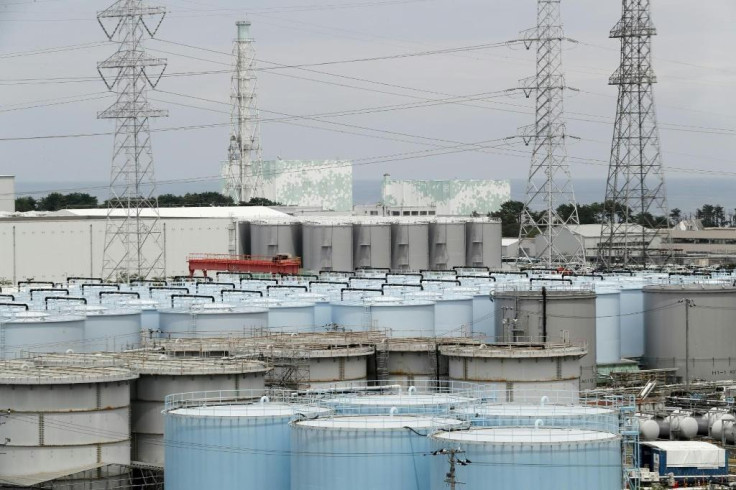Japan calls China's ban on its seafood 'totally unacceptable'
Some Japanese officials have even threatened to file a complaint with the World Trade Organisation (WTO).

China's ban on Japanese seafood imports has created tensions between the two countries, as the latter has publicly called the ban "totally unacceptable."
According to a statement issued by the Japanese foreign ministry on Monday, it has asked China to hold discussions over the ban. China imposed a ban on Japanese seafood last month after Japan began to release treated radioactive waste water from the damaged Fukushima nuclear plant into the Pacific Ocean.
The statement was submitted as a counterargument to China's Aug. 31 notification to the WTO explaining its position on the suspension of Japanese aquatic imports.
"In addition, for the sake of a rules-based resolution, Japan made a request for discussion on emergency measures based on the Regional Comprehensive Economic Partnership Agreement, an international agreement binding Japan and China that applies to the current case," read an excerpt from the statement.
Japanese government officials further clarified that they will explain the safety of treated water released from the Fukushima nuclear plant at different international summits this month, such as the ASEAN Summit in Indonesia and the G20 Summit in India.
Some Japanese officials have even threatened to file a complaint with the World Trade Organisation (WTO) and urged China to immediately repeal the ban.
The big picture:
Fukushima's nuclear power plant suffered a huge radiation leak after a massive earthquake and tsunami struck the area in March 2011. The tsunami knocked its cooling systems out, leaving some of its reactors in meltdown in the worst nuclear accident since the 1986 Chernobyl disaster.
The 10-metre (33-foot) tsunami smashed into the power plant on the Fukushima coastline, triggering a meltdown and forcing nearby towns to evacuate.
The disaster killed more than 19,000 people across Japan and caused an estimated 16.9 trillion yen (£121bn) in damages. More than 160,000 people were evacuated from towns around the nuclear plant.
The leaks contaminated the surrounding land, air and water and forced tens of thousands of workers and residents to flee, leading to a major clean up in the area that lasted years.
Japan began releasing the water into the sea after the United Nations nuclear watchdog approved the plan. It will be released over a period of 30 years after being filtered. However, work on the site of the nuclear disaster has been slow, particularly dealing with radioactive water.
China is being accused of politicizing Japan's dumping of nuclear waste into the Pacific since "scientists" in the West have deemed it safe.
— Danny Haiphong (@SpiritofHo) August 29, 2023
Upwards of 80 percent of people in Japan also oppose the move.
They must all be agents of the CPC!
Around 1.34 million tonnes of contaminated water had accumulated after disaster. The authorities had been storing the contaminated water in tanks, but now they have run out of space to store it, according to a BBC report.
The move has set alarm bells ringing for several Asia Pacific nations. The UN, meanwhile, has claimed that the treated water will have negligible impact on people and the environment.
Protests against the move have also taken place in Tokyo. China has caused an uproar against the move and accused Japan of treating the ocean like its "private sewer."
Japan is "putting its own self-interest over the long-term well-being of all humankind with the release of wastewater," said Chinese Foreign Ministry Spokesperson Wang Wenbin. Meanwhile, Hong Kong and South Korea have also imposed bans on certain Japanese food products. Hong Kong and Macau, both Chinese territories, have also imposed similar bans on Japanese seafood products.
It also needs to be noted that it is not easy to completely remove radioactive materials such as tritium and carbon-14, radioactive isotopes of hydrogen and carbon, from the waste water. However, experts claim that there is no real danger, as low levels of exposure to radiation cannot cause harm.
The International Atomic Energy Agency (IAEA) has supported the release saying that it is similar what is done when disposing of waste water from nuclear plants located in other countries.
© Copyright IBTimes 2025. All rights reserved.






















